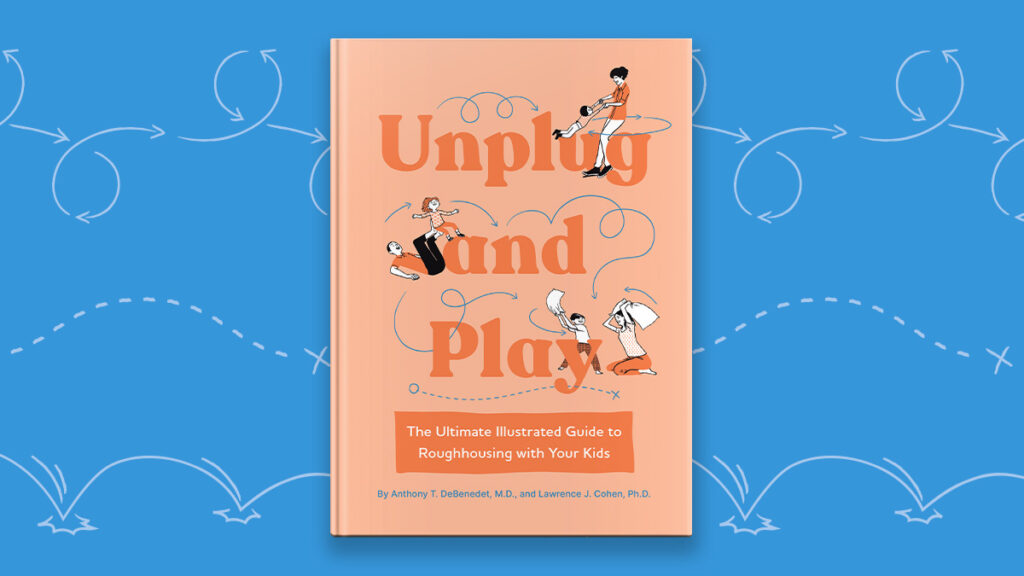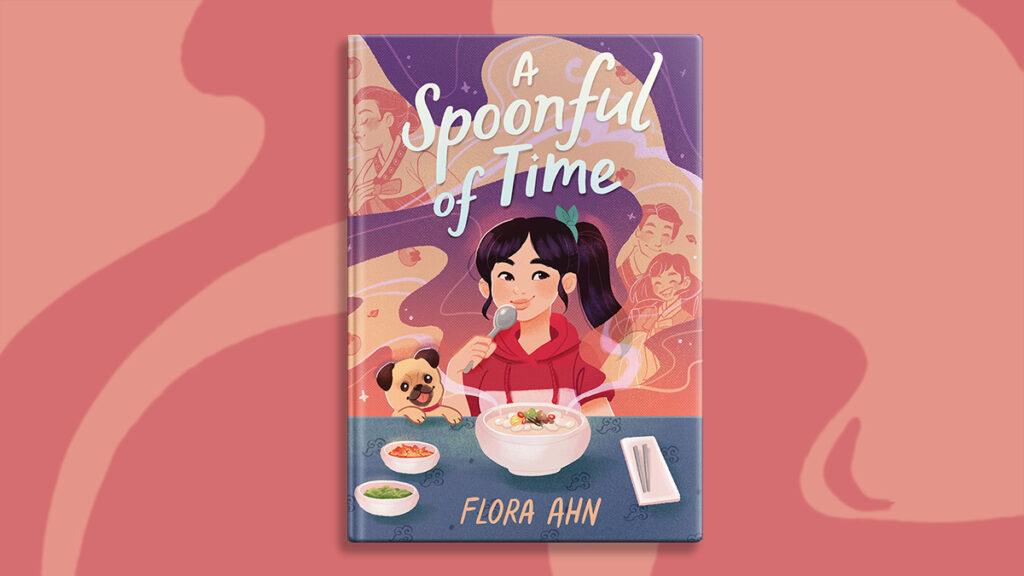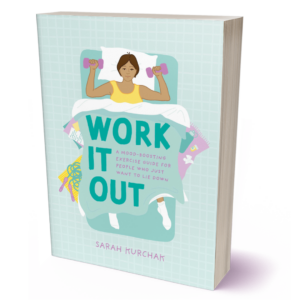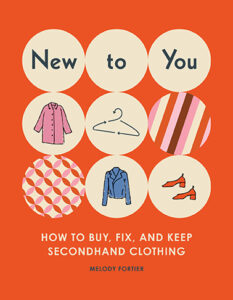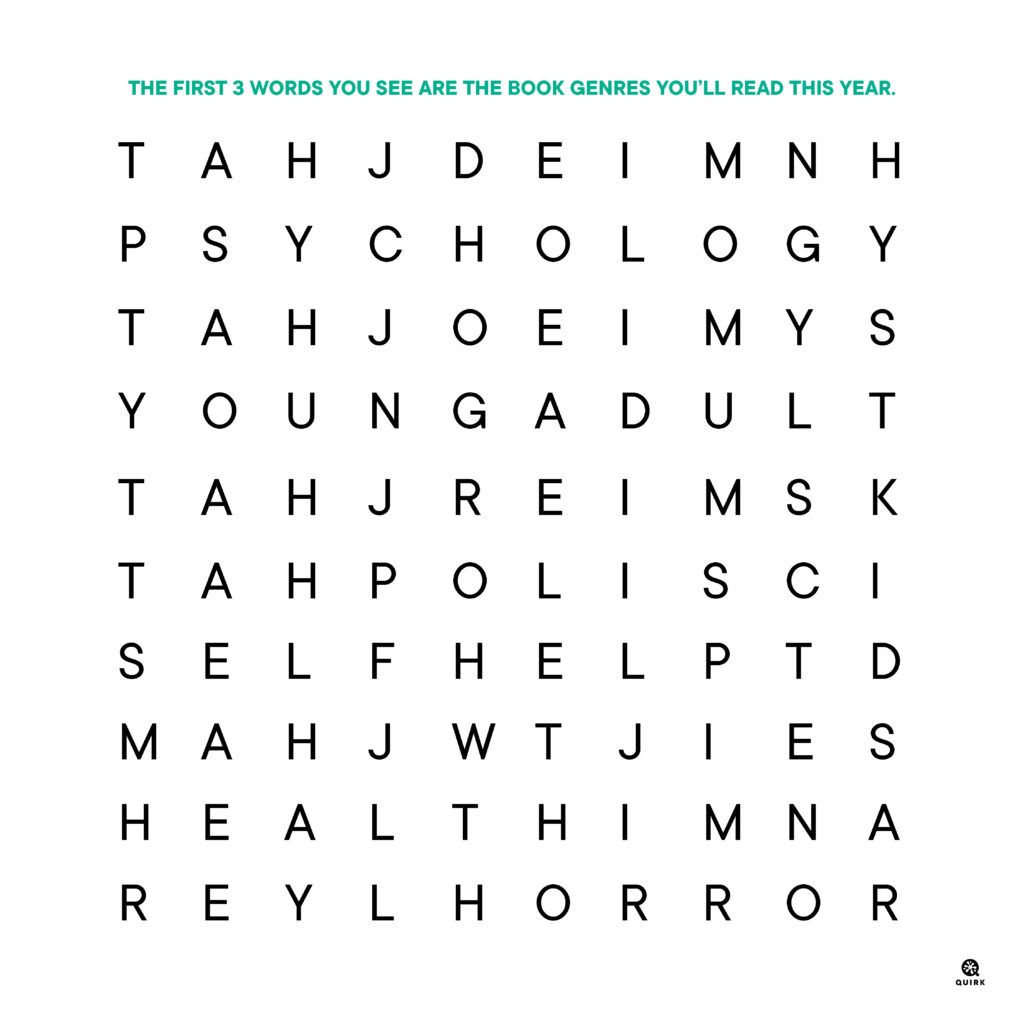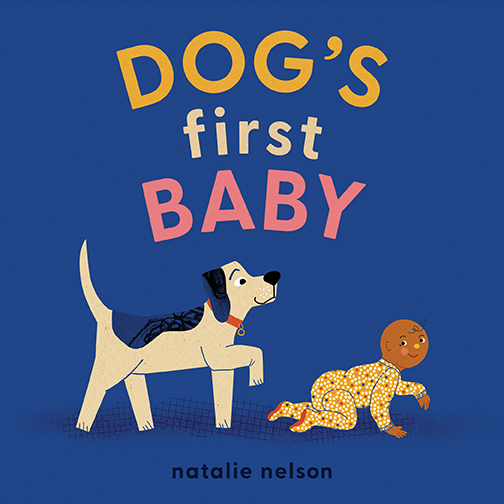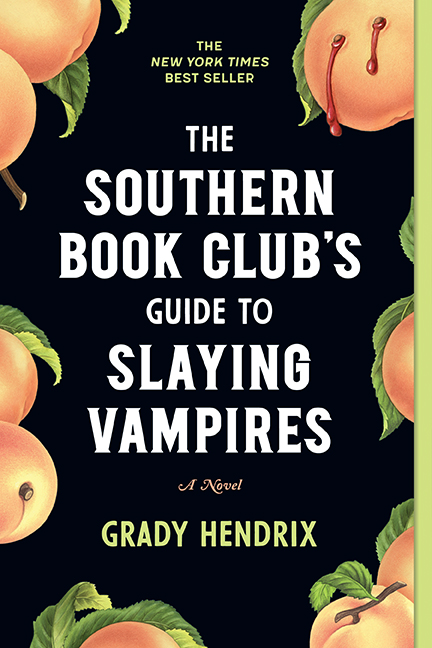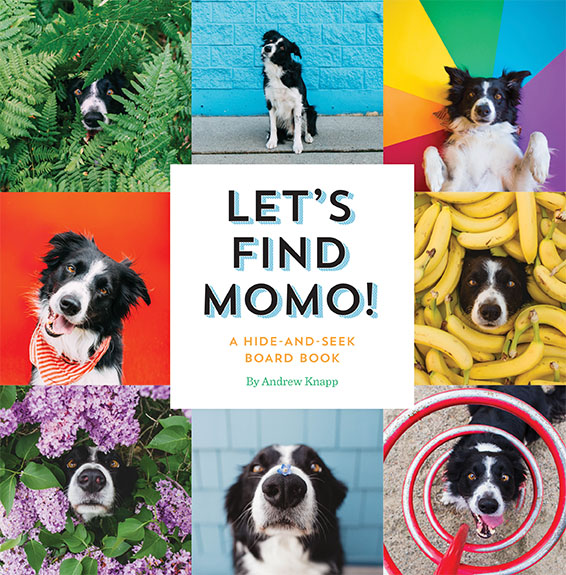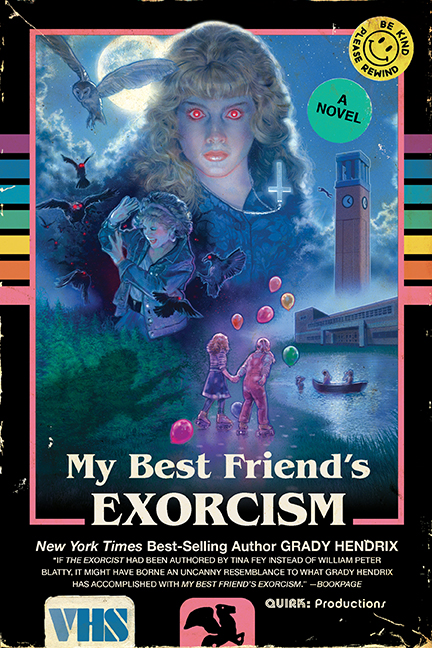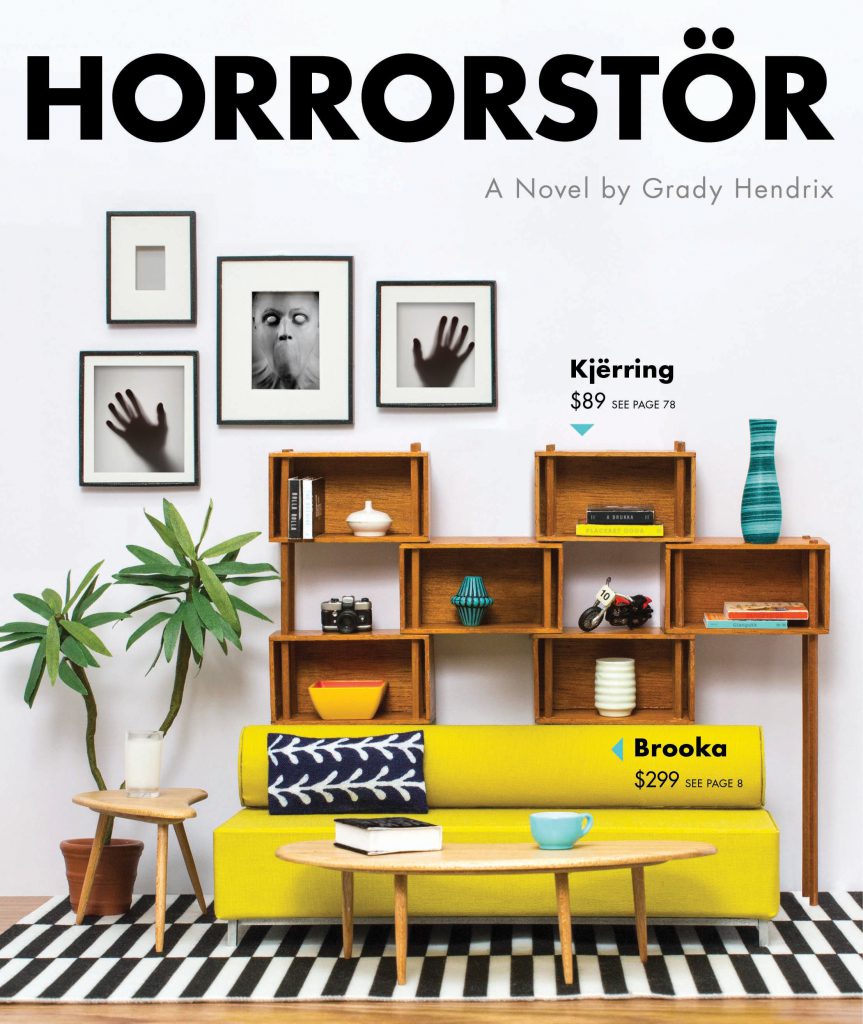Our Blog
REVISIONARIES Author Kristopher Jansma on Sharing Works-In-Progress
Once, long ago in my workshop days, a writer-friend of mine scolded me for talking openly at a party about something I was still writing. He firmly believed that anything still being written, any work-in-progress, should be totally shrouded in secrecy until it was finished. I wondered if he worried that someone would steal his ideas now if he revealed them? Or was it more superstitious? Did he think I could “jinx” myself by speaking about my work to others?
Loose lips sink ships, my grandfather, an old Navy man, used to say to me. But should a work-in-progress ought to be as closely guarded as a sailor’s cyphers?
I decided to adopt my friend’s stance and, for several years, maintained a cone of silence around my works-in-progress. At best it might protect me, I thought—at least it might create some eager expectation, some aura of mystique around my fumbling attempts to write my first book.
But after a while it became something else—just lonely. I missed those old workshops I’d once groaned through. Missed talking to other writers about what I was up to, and hearing from them about their projects too. Certainly I did not find that isolation was good for my art—over and over my books fell apart and the worst thing about it was that nobody even knew but me.
Finally, I decided to break the embargo. I created a simple blog where I could post drafts of my work each week for friends, even strangers, to see. I called it my Forty Stories blog—and I set it up mainly as a motivational tool, rather than as a system for getting feedback. My hope was that my friends would pressure me and hold me accountable if I didn’t deliver on schedule.
I told everyone that I planned on writing forty stories in a single year—one a week, for three weeks, followed by a revision week. Some of these pieces, I admitted up front, would surely be terrible. But hopefully at least some would not be. Even the good ones, though, would be rough, I warned them. Quickly made, needing extensive reworking. But they would exist, warts and all.
At the start I had no idea if I could really pull it off. The stories I posted in the beginning of the year were usually very short, largely undeveloped. But people responded—not always with compliments, and often with just an acknowledgement that they’d read the piece and were excited for another. Was it just having an audience, I wondered? Or was it something else? Either way I no longer felt so isolated and burdened by my works-in-progress. Better yet, the things I wrote took on new hues. I noticed an improvement. They felt more generous than anything I’d written earlier—and why shouldn’t they be? I was writing for others, more than for myself.
In the end, I did it. I wrote forty stories in one year. Many of them were pretty bad, and sometimes my friends were honest and said as much. Some weeks I simply had no good ideas. Other weeks I had a good idea and it simply didn’t come together. Oh well. There was always the next week. And in the end, a decent number of them were good enough to warrant revision, and eventually a handful even became the backbone of my first published novel.
None of that would have happened if I had been afraid to share something that I was still figuring out.
It is rare that we’re told about how often great writers depend on those around them for guidance. Franz Kafka had his dear friend, Max Brod; Vladimir Nabokov had his wife, Véra. Who can we count on for encouragement, or even discouragement when it is needed?
My Forty Stories experiment showed me that there were far more helpers in my life than I’d ever expected. Some friends would simply reach out to say, “Hey, I liked this one!” and others would sometimes say, “Were you really rushed this week? Didn’t like this one as much, I don’t know why.” One friend routinely fact-checked the weekly pieces, sending emails to say things like, “A pack of American Spirits would actually cost $4.57 at that bodega, not $3.77,” or, “If these characters are going to Lake Waccabuc, they’d be better off on the Hutchinson and I-684 at that time of day.”
All of this was valuable feedback, and vital support. I’d never have written the fortieth one, or likely even the third one, without the help of my friends.
Just the other day I saw a former student after an event and, as we spoke after he asked if I’d ever published one of the stories from my blog, and I said that no, I never had—it wasn’t one of my favorites and I’d forgotten about it. But he had liked it, he said, and thought about it still—maybe I should look again, he suggested. That night I did, and wouldn’t you know it, I suddenly saw its strength in a way I’d never seen before. The difference was that now I was seeing it through someone else’s eyes. What a gift that can be!
It’s understandable that we might prefer to be secretive when it comes to our works-in-progress. Writing is a vulnerable thing, and when we feel exposed we become cautious. When our work is in a messy state we want to hold back until it isn’t. After we’re finished, we want to cover our tracks and hide those rougher drafts from the light of day. We may not be able to stand others poking around in our not-yet-great work and wrecking our shaky confidence in the process.
But my best advice is to get over all that. Share the good, the bad, and the ugly. Share it openly and proudly. I still love bouncing ideas off other people. Seeing what excites them and what does not quite land as expected. If I have to suffer a little embarrassment sometimes and confess to a project disintegrating at some point along the way—well, so be it. There’s always next week, and the more you share with others, the more you’ll be able to see your work through their eyes. So go ahead and loosen those lips; your ships won’t sink but will rise on an open tide.
Posted by Kristopher Jansma
Welcome to Quirk Scouts!

Do you have a curious middle grade reader in your life who loves adventure, whether its a magical journey or real-world scenarios? Then you might know a Quirk Scout!
Welcome to your one-stop shop to finding a great new book (or series!) for your middle grader. Check out the entire selection here and score the perfect pick!
Posted by Gaby Iori
Top 5 Reasons to Unplug and Play!
If you’re a parent like me, or simply someone who cares deeply about today’s youth (not to mention the future of the world), you’ve probably wondered whether we will someday look back on this period in history and conclude: smartphones in the hands of children and teenagers did more harm than good. We don’t know what the scientific fields will ultimately conclude on this topic, but early research suggests that we need to be listening closely to the cautions about screen-use in kids. That means reducing kids’ screen time—and our own. But rules, consequences, bargains, and willpower aren’t enough. One of the best ways to get kids (and adults) off screens is to engage them in something more exciting—like play! In our forthcoming book, Unplug and Play, Dr. Lawrence Cohen and I explore how physical play between parent and child not only reduces screen use, but also carries a host of benefits for everyone.
Here are 5 big reasons to unplug from screens and play:
- Adults need to play, too. For adults, playtime is when we feel mentally and emotionally carefree. When we are playing, we aren’t tied to the demands of our schedules or our countless responsibilities. True adult play—or kidulting as some have recently called it—is free from worry about how we look or feel. It’s free from the pressures of productivity, results, and competition. All of this is how play recharges our souls, helping us be better parents, partners, friends, and colleagues. Perhaps most important, when we adults put down our screens and play, we model for children a way of living that prioritizes the people who are with us, the natural world that surrounds us, and the moments in front of us.
- Play is the language of childhood. It’s how children naturally interact with their worlds. Through play, children learn how to regulate their emotions, relate to others, take risks, and make sense of complex things, like winning and losing, loyalty, and teamwork. There are many types of play that children engage in, all with varying developmental benefits. I’m partial to rough-and-tumble play or roughhousing because it has such wide-ranging benefits. A bold claim that Larry and I have shared in our writings over the years is that roughhousing helps kids become more intelligent, lovable, ethical, physically fit, and joyful. It’s true!
- Play together. For parents and children, playing together helps build bonds that last a lifetime. When you play with your child—especially in a physical way—you send a strong message to them: your power is welcome here; this is a space where you can feel strong and confident; and we will be more connected than ever before.
- Get moving. Play has plenty of physical benefits, too. These are pretty obvious to most of us. Active, physical play helps keep our brains sharp and fresh as we get older, promoting healthy cognitive functioning. Of course active play also improves our cardiovascular health. The keys here are to not get overly preoccupied with the health benefits of play when we’re playing and to also avoid allowing our competitive juices to overpower us. This helps keep our playtime in a healthy space and positions us to experience all of the benefits that time can afford.
- Play is the road to cooperation and connection. Play helps us live more cooperatively. In our increasingly competitive world, play reminds us that it’s important to work together, helping and complementing one another with our different skill sets whenever we can. One of the secrets of building great teams is making sure that everyone realizes how both leadership and followership skills are important to nurture. Play helps us do this because when we are truly in a state of fluid play, we instinctually realize that to keep the play flowing, we must sometimes hold back our strengths, reverse our roles, provide a new idea, or go along with someone else’s idea. This give-and-take is really what healthy play (and life) is all about.
Unplug and Play: The Ultimate Illustrated Guide to Roughhousing with Your Kids goes on sale March 7 wherever you find your books. I hope you’ll check it out.
Posted by Anthony T. DeBenedet
Flora Ahn Talks Lunar New Year, Food Memories, and Inspiration for A SPOONFUL OF TIME
The beginnings of A Spoonful of Time were hatched over the heat of a grill and amid aromas of beef, garlic, and onions. There was the idea for a story but it needed more details of Seoul from the past. So I turned my regular meals with my parents into research trips. Sometimes we would meet for lunch at a restaurant to eat steaming bowls of gomtang (beef bone soup) or bubbling jjigae (stew) in scalding hot stone pots. But most of the time we’d have barbecue at my parents’ house.
Posted by Flora Ahn
Quirk Books To Help With Your New Year’s Resolutions
Photo by Tim Mossholder on Unsplash
Resolutions are a complicated subject. Some people swear by them, some people swear off them, and most people swear they are going to keep to theirs, and then forget about it by the time the snow melts! Whichever camp you fall into, making New Year’s Resolutions can be a fun way to focus on something positive to bring into your life in the new year, even if it’s just for January. From a decision to take better care of your health and your home, to getting more sleep or shopping less, we have a Quirk book for every resolution—unless your resolution is to buy fewer books!
I Resolve to Get Fit: Work It Out by Sarah Kurchak (on sale April 18, 2023)
Resolutions to work out more, get fit, or hit the gym are some of the most common, but it can be hard to head out in the cold of winter to exercise. That’s why Work It Out is ideal, as it will help you get healthy without even having to get out of bed! Author Sarah Kurchak is an autistic personal trainer, who understands that 45 minutes at a gym isn’t accessible (or reasonable) for everyone, and so Work It Out focuses on ways to incorporate movement and develop new habits in a unique way. Realistic, accessible, and practical, this is the ideal book to make sure that anyone can improve their physical and mental health through movement—without hustling at the gym for hours.
I Resolve to Buy Less (And Still Look Great): New to You by Melody Fortier
Fast fashion is increasingly recognized as a problematic way to stay stylish, so if your resolution is to buy less, New to You is an ideal guide to making what you already have (or what someone else has had before you) work. Subtitled How to Buy, Fix, and Keep Secondhand Clothing, New To You covers every step from buying vintage and second hand (and making sure you get the good stuff) to fixing, maintaining, and storing items so that they will last. Fast fashion isn’t the only way to a stylish wardrobe, and this book will help create one that is truly unique, and will last a lifetime.
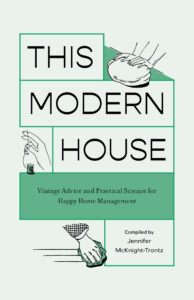
I Resolve to Be More Organized: This Modern House by Jennifer McKnight Trontz
Keeping on top of things around the house doesn’t come naturally to most, and that is why everyone needs a copy of This Modern House. Drawing from vintage housekeeping and modern, practical advice, this book includes everything adults need to know about budgeting, food shopping (and avoiding food waste), cleaning, entertaining, and more. Decorating tips, how to sew on buttons, and even how to host a dinner party (and plan it well) come together to help anyone who wants to be one of the people who Have Their Life Together. Vintage aprons not required.
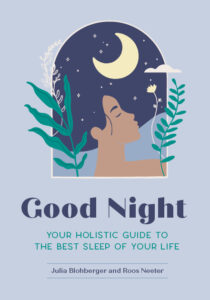
I Resolve to Get More Sleep: Good Night by Julia Blohberger and Roos Neeter (on sale March 21, 2023)
Everyone knows that a good night’s sleep is almost magic—it helps with physical and mental health, focus, fitness, and so much more—but it’s not always easy to break the cycle and start getting a good night’s sleep. That’s where Good Night: Your Holistic Guide to the Best Sleep of Your Life comes in. Written by yoga teachers and Ayurveda health and lifestyle advisors, Good Night looks at all the parts of our lives that affect the quality of sleep we get, and provide advice and tips on how to get the best sleep you can, starting from wherever you are, even if that’s only a few hours a night.
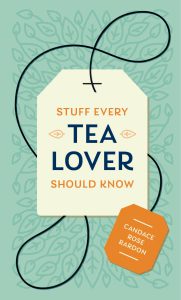 I Resolve to Drink Less Alcohol: Stuff Every Tea Lover Should Know and Stuff Every Coffee Lover Should Know by Candace Rose Rardon
I Resolve to Drink Less Alcohol: Stuff Every Tea Lover Should Know and Stuff Every Coffee Lover Should Know by Candace Rose Rardon
By the end of the festive season, with feasts and parties, is it any surprise that a lot of people resolve to cut back on the booze or even cut it out completely? Dry January is increasingly popular, but it can be a struggle to figure out what to replace it with, which is why Stuff Every Tea Drinker Should Know and Stuff Every Coffee Drinker Should Know are great ways to get into a healthier way to sip. These books will take any reader from novice to aficionado on coffee and tea, a perfect journey to take if alcohol is off the menu this year.
Explore Stuff Every Tea Lover Should Know Explore Stuff Every Coffee Lover Should Know
What books are you reading to support your resolutions? Tweet @quirkbooks and let us know!
Posted by Rose Moore
What Books Are in Store for You in 2023?
Looking for new reads to kick off the new year, but not sure where to start? The first three words you see in the word search above will tell you the book genres in store for you in 2023.
Read on for our recommendations, which include Quirk books that are on sale now as well as our most anticipated reads this year, so your reading schedule is covered from the get-go.
Posted by Quirk Books Staff

